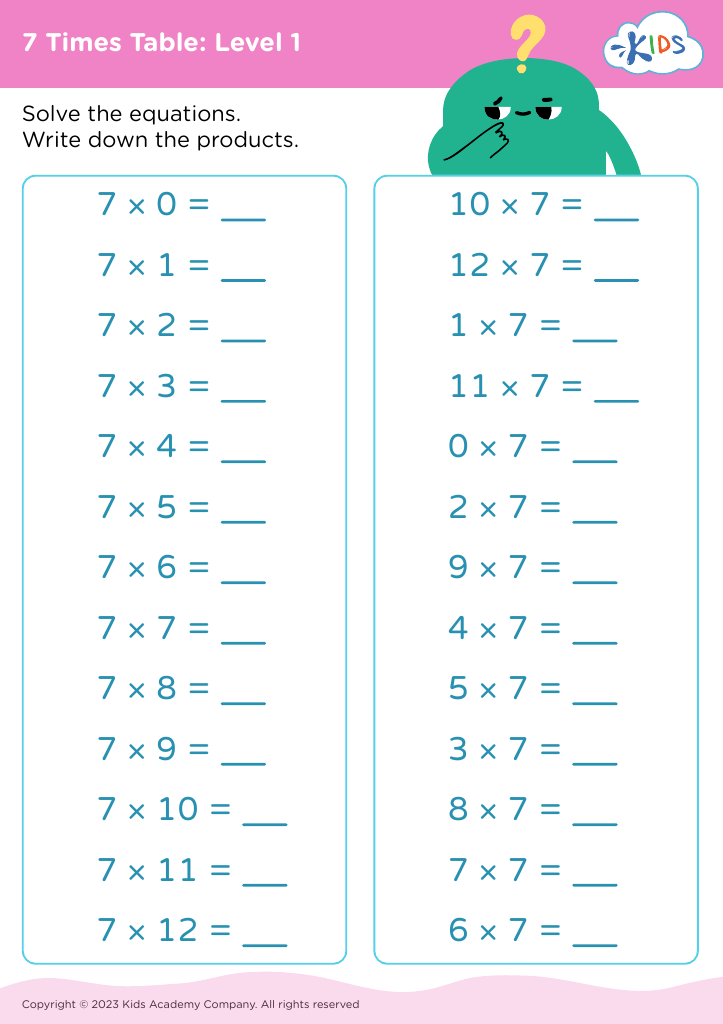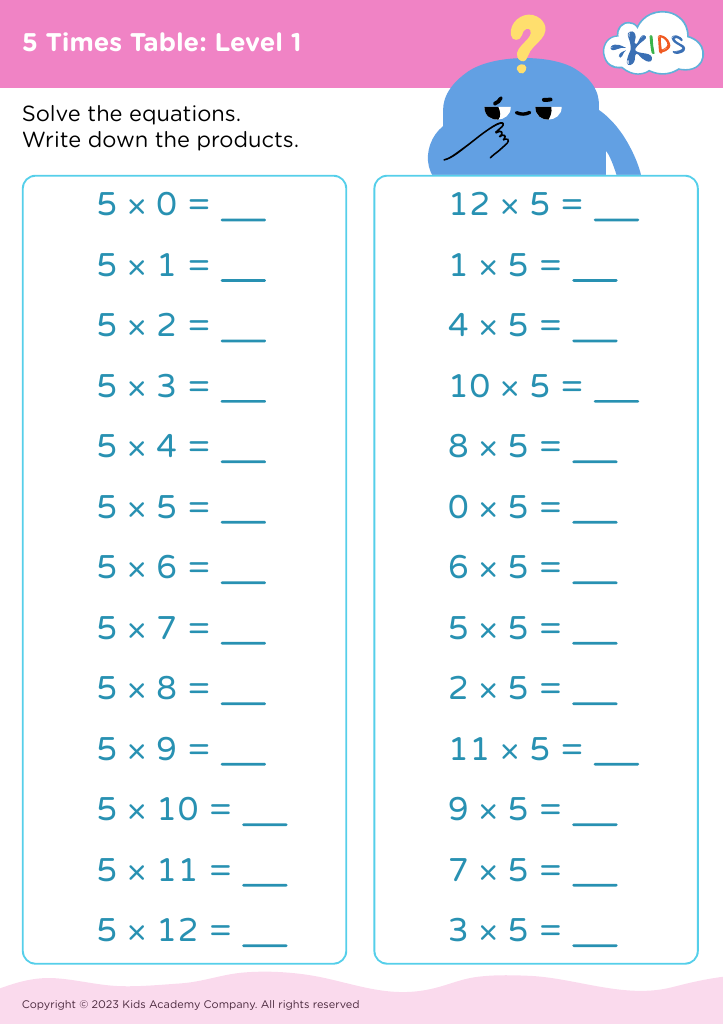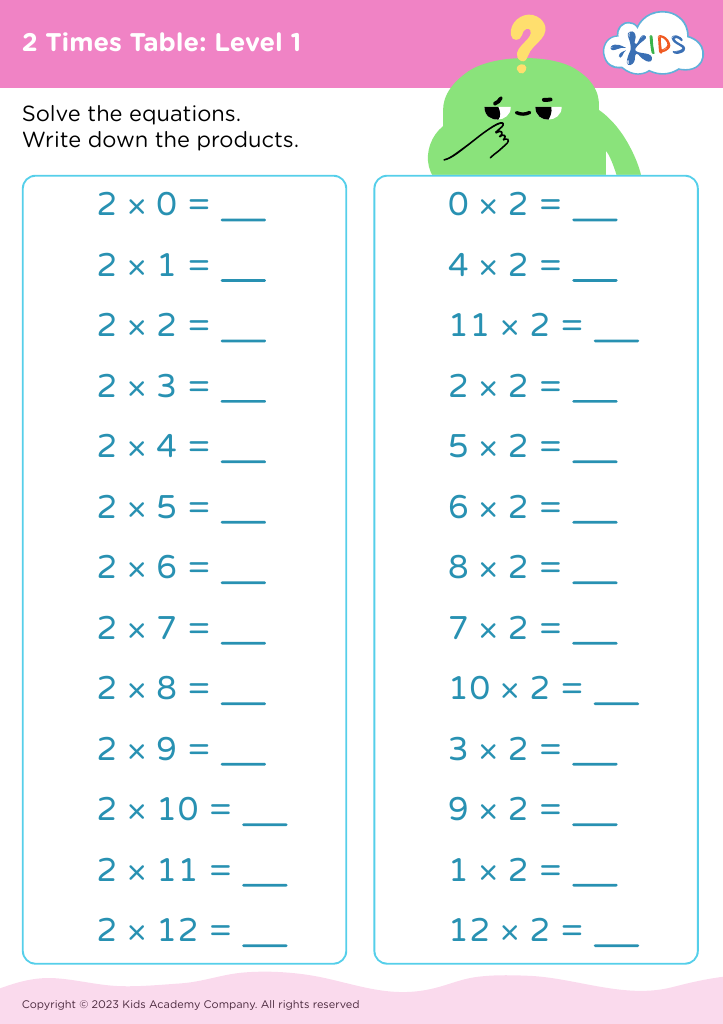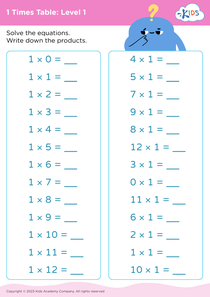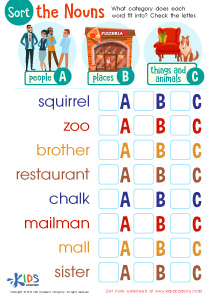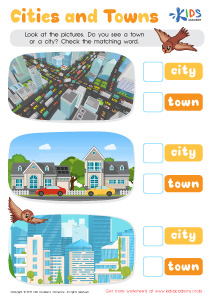Understanding times tables Easy Grade 3 Times Tables Worksheets
3 filtered results
-
From - To
Unlock a solid understanding of multiplication with our "Understanding Times Tables: Easy Grade 3 Times Tables Worksheets." These expertly designed worksheets make mastering times tables enjoyable and straightforward for third graders. Packed with engaging activities, our worksheets cater to all learning styles, using step-by-step progression to build confidence and skill. Teachers and parents can utilize these resources to reinforce classroom learning or provide extra practice at home. By integrating fun and education, our Grade 3 times tables worksheets support kids in achieving math success and developing a love for learning. Download today and watch your child's math proficiency soar!
Understanding times tables is crucial for Grade 3 students as it establishes a foundation for more advanced math concepts. During this developmental stage, children transition from tangible object-based math to more abstract thinking. Mastering times tables promotes quick and efficient mental calculations, making future topics like division, fractions, and algebra significantly easier to tackle.
For parents and teachers, ensuring students grasp these key multiplication facts enhances mathematical confidence and accuracy. Knowledge of times tables accelerates problem-solving skills; it allows students to focus on higher-order concepts rather than getting bogged down by basic calculations. A strong command of times tables also improves performance on standardized tests where time efficiency is vital.
Beyond academic achievement, learning times tables facilitates better understanding in everyday situations involving math, such as shopping, cooking, or managing time. This practical understanding fosters a positive attitude toward math, reducing math anxiety and encouraging a lifelong appreciation for the subject.
In summary, helping students grasp Grade 3 times tables builds critical arithmetic skills that open doors to future learning opportunities. Parents and teachers play an essential role by providing supportive, engaging, and consistent practice. Their efforts ultimately prepare children for more complex math, nurturing both competence and confidence in their abilities.
